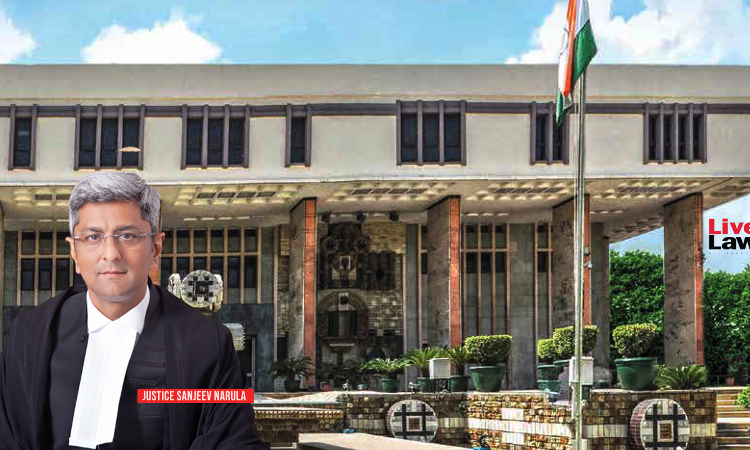CPC Contemplates Execution Of A Foreign Decree And Not An Order: Delhi High Court
ausaf ayyub
20 July 2022 3:29 PM IST

Next Story
20 July 2022 3:29 PM IST
The High Court of Delhi has held that remedy before the foreign arbitral tribunal would not be inefficacious when the bulk of the assets of a party are located in India as the interim order in a foreign-seated arbitration is not enforceable under the A&C Act. The Bench of Justice Sanjeev Narula also held that an interim award passed in arbitration with seat in India is...
